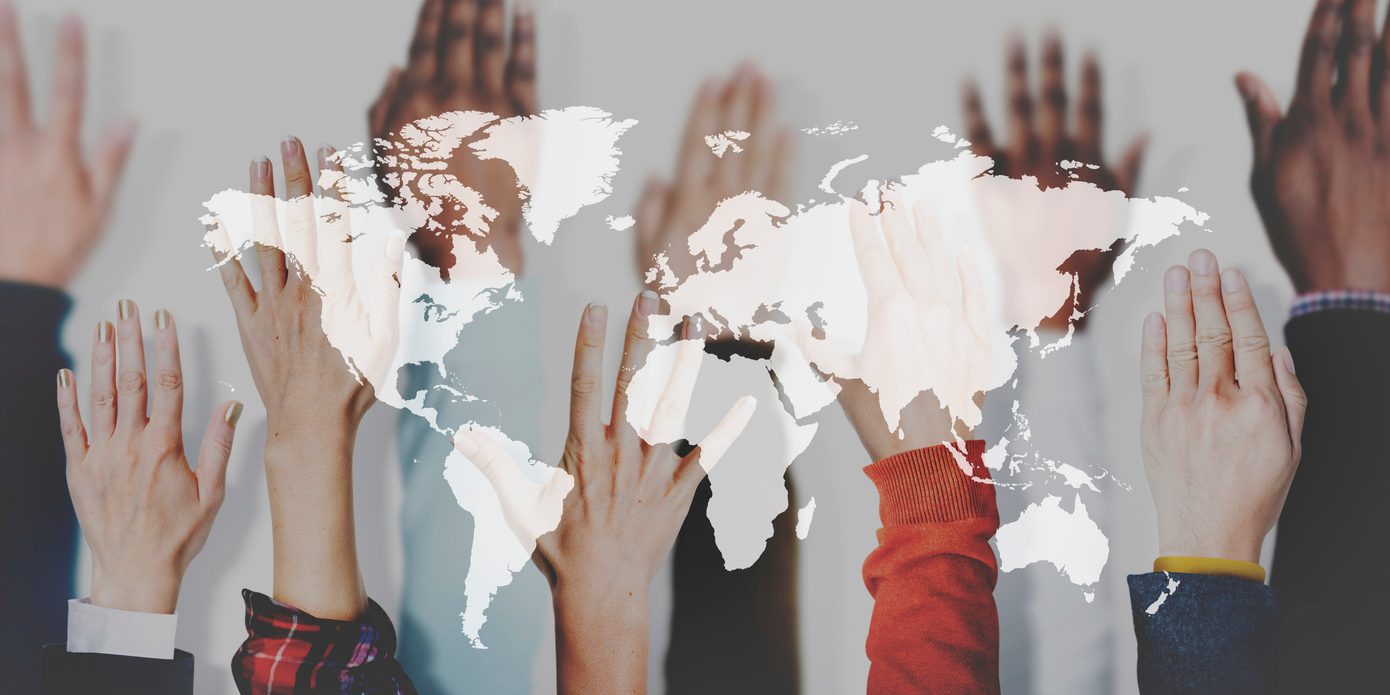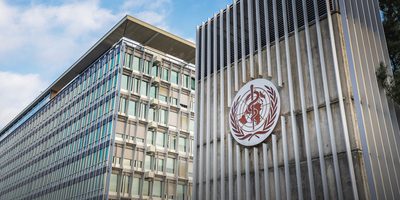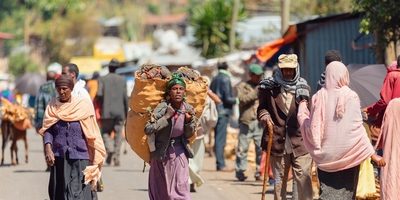
COVID-19 and a World Health Organization for you and me
Authored by Professor Göran Tomson, Distinguished Fellow.
A week on from the US decision to withdraw support from the World Health Organization (WHO), Distinguished Fellow Göran Tomson argues that the COVID-19 pandemic shows the need for a strengthened WHO, and that WHO is uniquely positioned to facilitate health security now and for the years to come, as we face future pandemics and continued challenges to global health.
“It really boils down to this: that all life is interrelated. We are all caught in an inescapable network of mutuality, tied into a single garment of destiny. Whatever affects one directly, affects all indirectly” Martin Luther King, Jr (1967)
Globalization is the growing interconnectedness between political, social, and economic systems beyond national or regional borders. The ‘COVID-19 moment’ is poised to be a turning point not only for addressing issues of pandemic preparedness, but also for major global challenges relating to geopolitics, population, technology, and climate change. The pandemic has underscored the importance of solidarity among nations and people. It has also underscored weaknesses in the existing global governance for health.
WHO, an agency responsible for international public health, is unique among global health organisations because of its treaty-making power, so is able to negotiate formal binding agreements entered into by member sovereign states. As a result, intergovernmental norms, standards, policies and strategies lie at the heart of WHO´s work. WHO´s strength and weakness is that it is a member organisation where democracy prevails – but serving the diverse needs and views of its constituent members is not easy. However, WHO navigates this through an approach based in evidence. These foundations are confirmed by the existence of a science division and an agreement with Institute of Health Metrics (IHME).
At 70 years old, WHO is often described as weak and ineffective but it has – and continues to – significantly strengthen global health. As well as providing guidance for the financing of health systems, WHO has delivered a number of Global Public Goods (GPGs). GPGs can be defined as: rules that apply across borders; institutions that supervise and enforce those rules; and benefits without distinction between countries. Examples include two WHO-negotiated treaties, the Framework Convention on Tobacco Control (FCTC), International Health Regulations (IHR). Good Pandemic Preparedness is another example of a GPG, one worth investing in, and one which WHO is uniquely positioned to deliver.
As a non-partisan body, WHO is uniquely positioned to oversee and coordinate state and non-state actors to address global public health challenges through ‘multi sectoral action’ which is critical to sustainable development. Commercial, socioeconomic and political determinants of health require major competencies in economy, ethics, law, political sciences in addition to the more “conventional” expertise in biomedicine and public health. WHO needs to strengthen its competence in some of these areas to meet the new challenges.
WHO´s General Programme of Work (2019-2023) (GPW13) is based on the Sustainable Development Goals (SDGs), with SDG3 (‘ensure healthy lives and promote well-being for all at all ages’) as its foundation. The three interconnected strategic priorities (“triple billion”) are: 1 billion more people benefitting from UHC; 1 billion more people better protected from health emergencies; 1 billion more people enjoying better health and wellbeing. The WHO constitution states the enjoyment of the highest standard of health as a fundamental right without distinction of race, religion, political belief, economic or social condition among its core principles. Unequal development in different countries in terms of the promotion of health and control of diseases, is a common danger. WHO is the only organisation in a position to improve health across the globe through working with member states, thereby contributing to improving peace and security.
The COVID-19 pandemic is a major health security issue and challenges the “triple billion” strategy in all its dimensions. COVID-19 is a ‘Pandora’s box’, exposing global and national problems relating to preparedness and inequity. This exposure must lead to global and national recognition of the economic, ethical and epidemiological consequences, and result in decisive progress.
WHO is best-placed to guide us all in the shape and effective delivery of strengthened global health action. An effective post-COVID-19 pandemic recovery requires a collective approach that is not solely confined to the health sector. It involves partnering with and empowering actors, sectors and the public.
A “whole of government” and “whole of society” approach should be applied nationally. Globally, the creation of a “multi-stakeholder platform for health” within WHO could develop GPGs including tools for inter-sectoral collaboration for transformative change.
The present crisis shows that we need a strengthened - not weakened – WHO, so that you, I, and every global citizen can benefit from the health, peace and security it works to secure and sustain.





